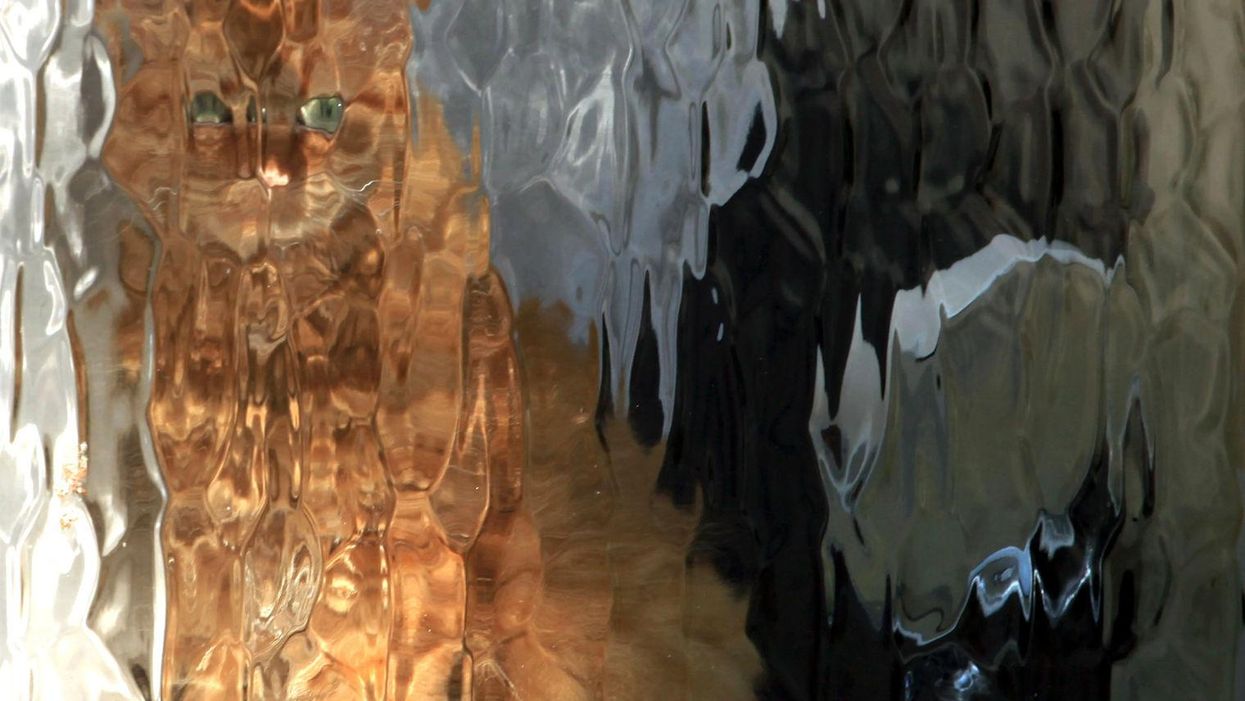Viral
Josh Barrie
Jan 31, 2016

Matt Cardy/Getty
A man became convinced that his cat was a different cat and was an impostor in his home.
The case relates to a 71-year-old with a strange disorder called 'capgras syndrome'.
The condition leads to the sufferer believing that someone dear to them has been replaced by a stranger.
But this month a feline variant of the disorder was uncovered – it's been dubbed 'cat-gras' by Harvard neurologists R. Ryan Darby and David Caplan.
Darby and Caplan wrote about their findings in a science journal called Neurocase.
The patient, who hasn't been named, has a history of heavy drinking, ice-hockey-related injuries, and bipolar.
He developed paranoia after stopping his psychiatric medications, and started to believe his house was being monitored. He also thought people in parking lots were agents working for the FBI.
These, while troublesome and sad, are relatively common, however.
It's the latest complication that has sparked such intrigue – when the man became obsessed with the idea that his pet cat wasn't his cat at all, but an intruder in his own home.
The man thought his feline companion was involved in a conspiracy against him.
Darby and Caplan's report states:
He then became obsessed with the idea that his pet cat had been replaced by an imposter cat that was involved in the conspiracy against him. He knew that the current cat resembled his pet cat physically, but that the personality or psychic core of his cat had been replaced. His symptoms improved with medications and he has had no further delusions of imposters replacing his cat.
Darby and Caplan add that tests show evidence for more regular cognitive decline. There were signs of dementia and past head traumas sustained during sport added to complications.
But feline capgras is much rarer, Darby and Caplan note. Though not unheard of.
Capgras delusions have rarely been reported with animals. Review of the literature reveals two cases reported in pet cats, two cases in pet birds, and one in a pet dog. The majority of these cases occurred during a psychotic episode with other paranoid and persecutory delusions, as in our patient.
But while the man could well be suffering symptoms of capgras, or catgras, as has been coined, Darby and Caplan also present the theory that the oddity was brough on by delusional misidentification syndromes (DMS).
Top 100
The Conversation (0)













